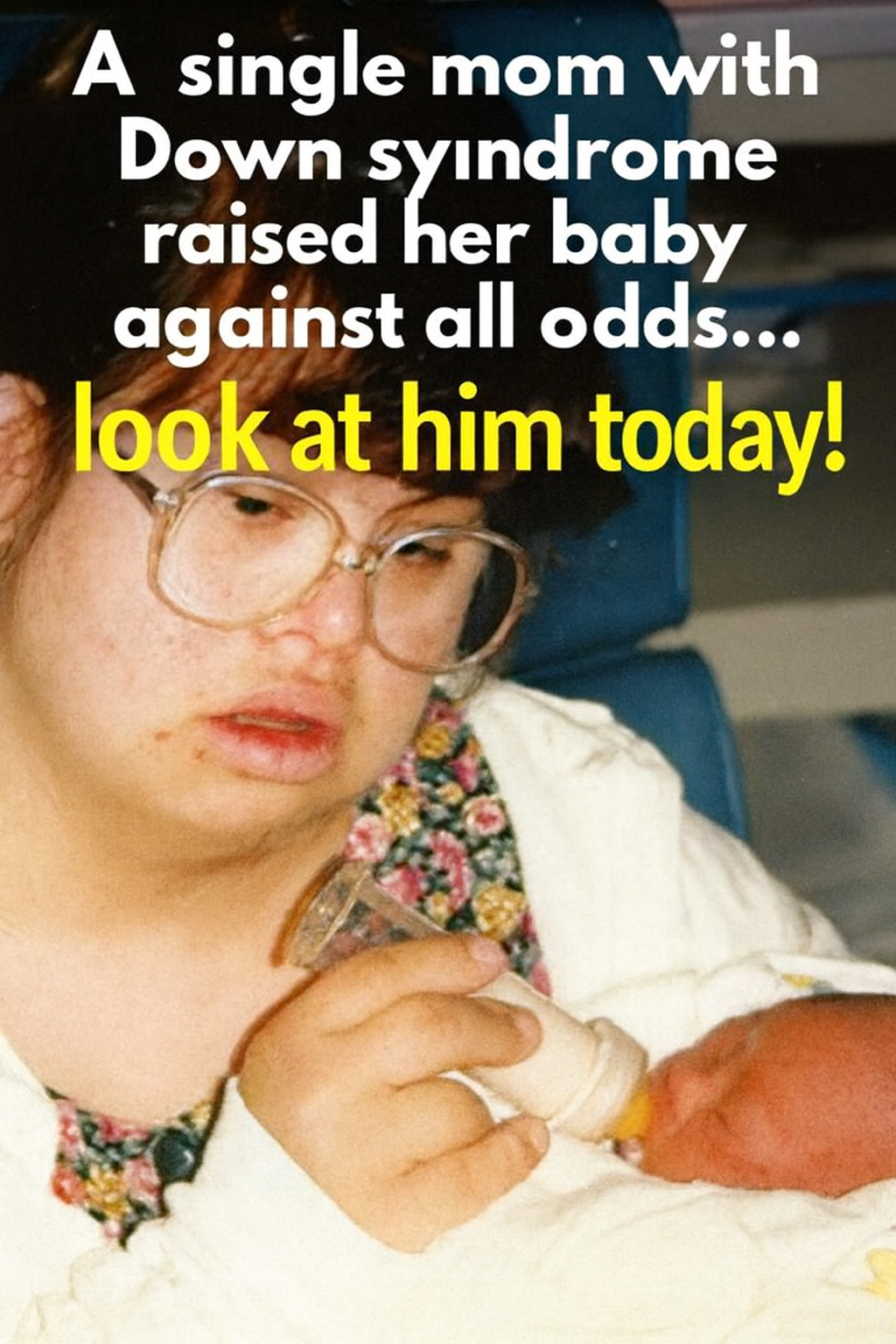Many people face questions and judgment when it comes to having children. Society often pressures couples to follow a traditional path—marriage, career, then kids. Those who don’t want children are questioned, while couples who are seen as “different” can face even harsher criticism when they decide to become parents. More than 20 years ago, Patti White from California learned her...
